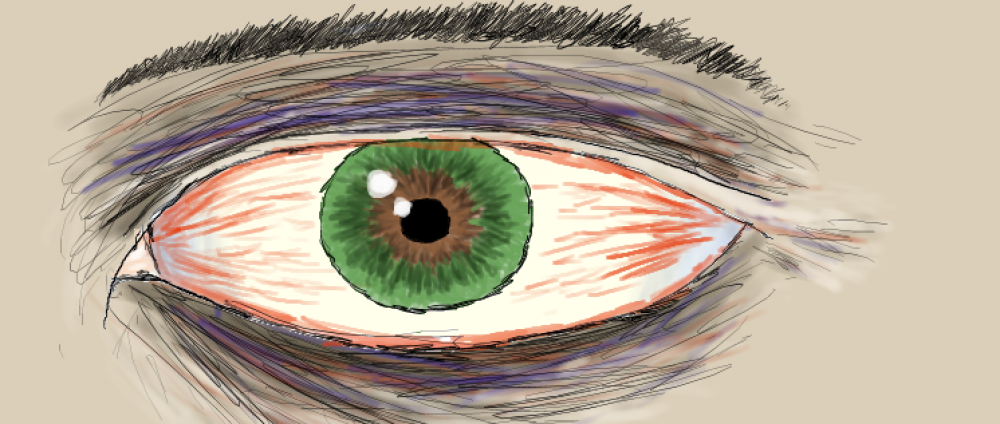I have been thinking about superheroes again.
I blame the Avengers. And the book Seven Wonders. And Mark Waid. And Cirque du Soleil, oddly enough. Cirque are the word leaders in good looking spandex outfits right now – they made the most recent Spiderman costume. They’re also the world leader in people doing amazingly athletic things in spandex (you may argue the Olympics have them beat – I disagree).
The recent-ish trend in comics is to acknowledge that, after 80 odd years of superheroes, there really aren’t any interesting new ideas left for superheroes. You really can’t come up with a new set of superpowers that hasn’t been done before. So the new approach is deconstruction and The Expy (warning! Tv Tropes link!). Alan Moore started the thing with Watchmen. Mark Waid did it recently with Irredeemable (Superman) and Insufferable (Batman). There are plenty of examples in between.
The deconstructed expy approach had some definite advantages. It lets the writer play with the tropes of the original, all the raw material of underwear pervert comics, without having to deal with the sacred cows of the original’s iconic stuff. As one reviewer of the Avengers noted, the original material suffers from time-shifting – characters from the 30s, or even the 60s, are overwhelmingly white, and there aren’t a lot of good roles for women. DC spent a lot of time trying to fix that (go Gail Simone!), then more recently decided to give up on diversity and double-down on the straight white male demographic. But you can only do so much with the originals – Batman will always be a rich white guy with emotional problems. Superman will always be a Christian white guy with traditional values. Captain America, symbol of the nation, will always be a white guy. Wonder Woman will always be a white woman who fights crime with a bathing suit and bondage gear. You can’t change the iconic elements of the character too far before the pop culture zeitgeist pushes back. The expy lets you change things in ways the originals can’t be changed, to tell new, interesting stories.
That’s the background I’m coming from right now.
